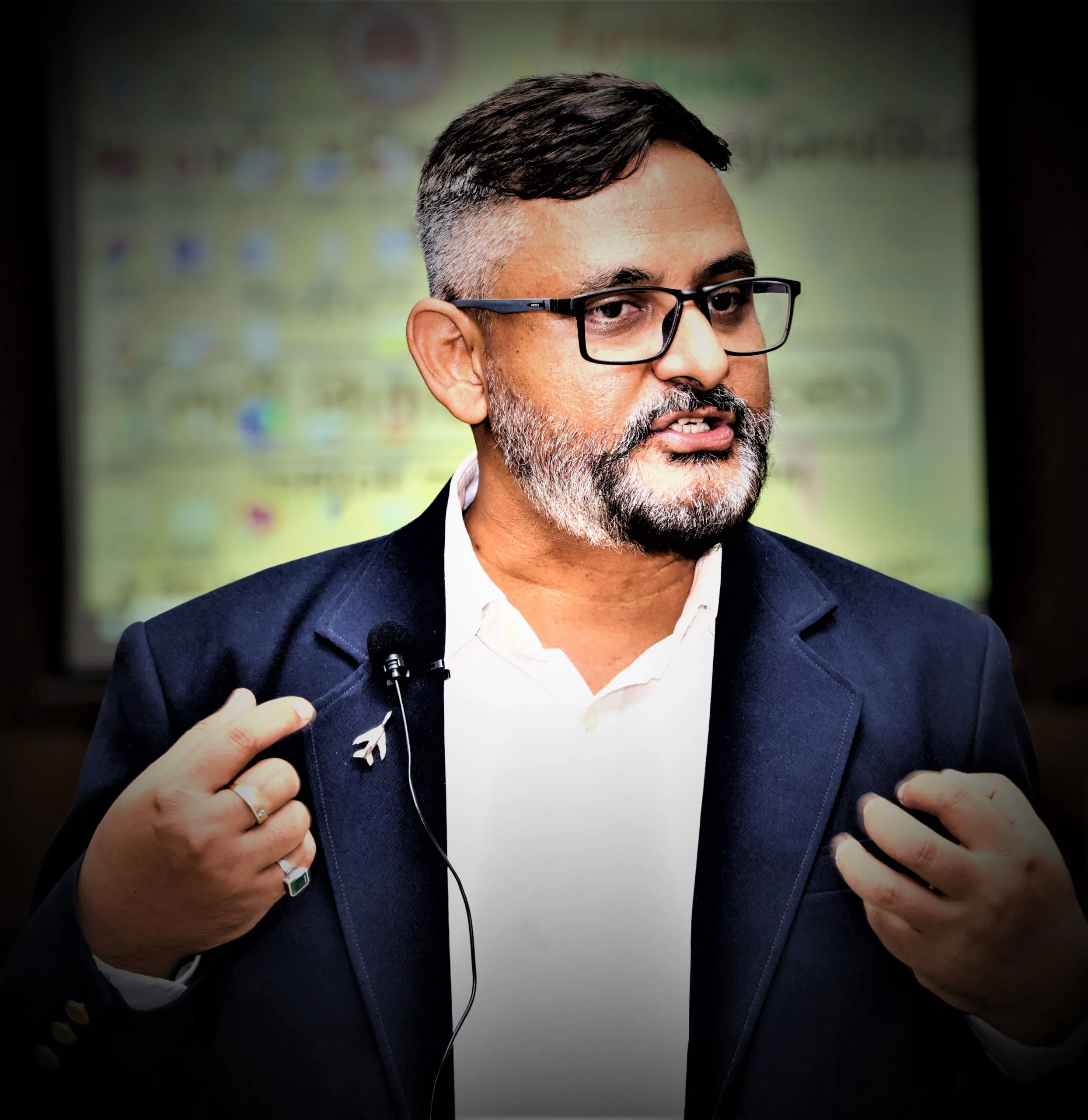The recent Hezbollah attack and other incidents involving pager bombings has once again brought Israel’s National Intelligence Agency, Mossad, to the fore. For, this isn’t the first time that Israel has utilised telecommunication devices, such as phones, as potential explosive weapons. In fact, it has an interesting history of using innovative and unconventional methods in its operations, including the use of telecommunications devices as explosive weapons.
Back in 1997, Mossad had planned the assassination of Hamas leader Khaled Mashal in Jordan using a poisoned telephone earpiece. Although the plot failed, the operation highlighted Mossad’s willingness to use telecommunication devices for covert, targeted attacks.
Then, in 2008, Imad Mughniyeh, a senior Hezbollah commander, was assassinated in Damascus, and it was reported that Mossad had planted an explosive in the headrest of his car, which was activated by remote control through a telecommunications device. It was quite a sophisticated operation that demonstrated the use of wireless detonators linked to communication systems.
In another operation, way back in 1978, Mossad assassinated Wadie Haddad, a leader of the Popular Front for the Liberation of Palestine (PFLP), allegedly using a device planted in his toothpaste tube that detonated over time. Though not a typical telecommunication device, this operation also illustrates Mossad’s creative use of everyday objects to carry out attacks.
Besides Mossad, the Israeli Defense Forces (IDF) has long been recognised as one of the world’s most sophisticated military organisations. At the forefront of this reputation is Unit 8200, a highly classified and elite division responsible for signals intelligence (SIGINT), cyber warfare, and intelligence collection. This unit, often compared to the National Security Agency (NSA) in the United States, is responsible for many covert operations, technological innovations, and cybersecurity advances that have kept Israel safe from cyber threats, both internal and external.
Unit 8200, sometimes mistakenly referred to as Unit 8400, is one of the largest units in the IDF and plays a pivotal role in the nation’s defense strategy, especially as modern warfare increasingly moves into the digital realm. Its achievements and methodologies offer valuable lessons to the rest of the countries around the world, including India, which is ramping up its own cyber capabilities.
Established during the early days of Israel’s statehood, Unit 8200 originally focused on gathering signals intelligence to counter military and terror threats. With time, it evolved into one of the most effective cyber warfare entities globally. Its core mission revolves around intercepting and decrypting enemy communications, electronic surveillance, and combating cyber threats, but it has also expanded its operations in fields like offensive cyber warfare and surveillance.
The unit is located in the Negev desert and is shrouded in secrecy, although many of its members have later become leaders in Israel’s high-tech sector, contributing to its nickname as the “startup nation.”
Cyber Warfare: Unit 8200 carries out covert cyber operations, including offensive measures such as disabling enemy systems, gathering intelligence, and digital sabotage. These operations target hostile nations, terrorist organisations, and cybercriminals.
Electronic Surveillance and Interception: The unit monitors communication channels such as radio frequencies, mobile communications, and encrypted networks. It collects data that can be used for intelligence gathering and real-time battlefield advantage.
Cryptography and Decryption: One of the most crucial tasks of Unit 8200 is decoding encrypted enemy communications. The unit is renowned for its expertise in cryptography, which is used to analyse sensitive communications across various platforms.
Counterintelligence and Cyber Defense: Unit 8200 is responsible for protecting Israel’s critical infrastructure from cyber-attacks, ensuring that sectors like defense, energy, and finance remain secure from cyber threats.
Data Analytics and AI: The unit leverages machine learning and artificial intelligence to analyse massive datasets, helping to predict and prevent potential security threats.
In collaboration with the US’ NSA, Unit 8200 is widely believed to have played a crucial role in creating and deploying the Stuxnet virus, a sophisticated malware that targeted Iran’s nuclear enrichment facility at Natanz. This malware is one of the most advanced and effective cyber weapons ever created, that reportedly caused significant delays in Iran’s nuclear program by physically damaging centrifuges. The operation was seen as a landmark achievement in the use of cyber warfare as a means of preventing physical conflict.
Further, although it was primarily an airstrike by the Israeli Air Force, the success of Operation Orchard, which targeted and destroyed a suspected nuclear reactor in Syria, was heavily dependent on Unit 8200’s intelligence capabilities. The unit reportedly hacked into Syrian air defense systems, disabling radar and communication systems, thus allowing Israeli jets to carry out the strike undetected.
Unit 8200 has been instrumental in thwarting numerous terror attacks through its interception capabilities. In one notable incident in 2017, the unit intercepted encrypted messages that detailed plans for an ISIS attack on a civilian aircraft. This intelligence was shared with global partners and it helped prevent the attack, highlighting the unit’s ability to impact international security.
In a world that is increasingly becoming digital, Unit 8200 has now turned its attention to monitoring online platforms. By scanning social media, chat rooms, and forums used by terrorist organisations, the unit has been able to pre-emptively strike or provide intelligence for preventing terror plots in Israel and abroad.
Alumni of Unit 8200 have gone on to found or lead some of Israel’s most successful tech startups, many focused-on cybersecurity. Notable companies like Check Point Software Technologies, Palo Alto Networks, and CyberArk have roots in the innovative and forward-thinking environment fostered within Unit 8200. This “ecosystem” of cybersecurity startups has made Israel one of the leading nations in cyber defense.
Prioritising Cyber Intelligence and Defense with increasing threats from enemy nations, cyber espionage, and cyber-attacks, India too must develop a dedicated cyber warfare division on a priority basis. A unit modelled after Unit 8200 could serve as both, an offensive and defensive entity within India’s armed forces, providing cutting-edge technology to protect national interests.
Unit 8200 has created a strong synergy between military operations and the private sector. This collaboration has enabled technological advancements that not only benefit Israel’s security but also bolster its tech industry. India could replicate this by fostering closer ties between the military, government institutions, and private tech companies.
One of the key reasons behind Unit 8200’s success is its focus on recruiting and nurturing young talent. Many Israeli teenagers show an aptitude for coding, hacking, and data science from a young age, and these skills are harnessed early. India, with its vast talent pool, could establish similar talent identification and training programs, ensuring that top minds in IT and cybersecurity are channelled into national service.
While most nations focus on defensive cyber strategies, Israel’s proactive approach to cyber warfare provides a blueprint for countries like India, which faces both external threats (from countries like China and Pakistan) and internal security issues (such as cybercrime and terrorism). Developing offensive cyber capabilities in such a scenario could serve as a deterrent against future attacks.
India could also benefit from stronger intelligence-sharing agreements with allied nations, as Unit 8200 has demonstrated in joint operations like Stuxnet. By collaborating with like-minded nations, India can enhance its cyber intelligence-gathering abilities and protect its critical infrastructure.
Unit 8200 has set a global benchmark for cyber warfare and intelligence. As Israel continues to face a volatile security environment, this unit has proven its capability to defend the nation through digital means. Its achievements, from Stuxnet to social media monitoring, offer valuable lessons for countries like India that are working to enhance their cyber warfare capabilities. By building a robust, integrated, and technologically advanced cyber force, India can better protect its national interests and respond to the challenges of modern warfare.




















Comments